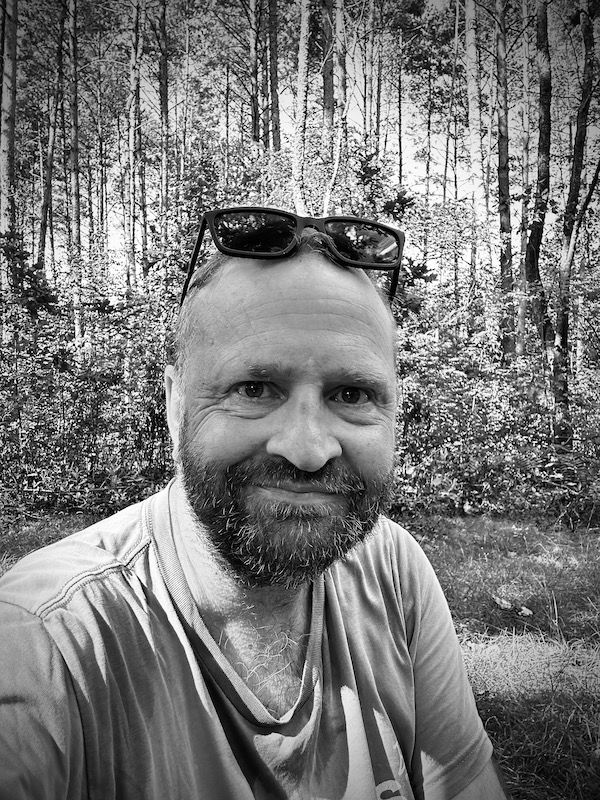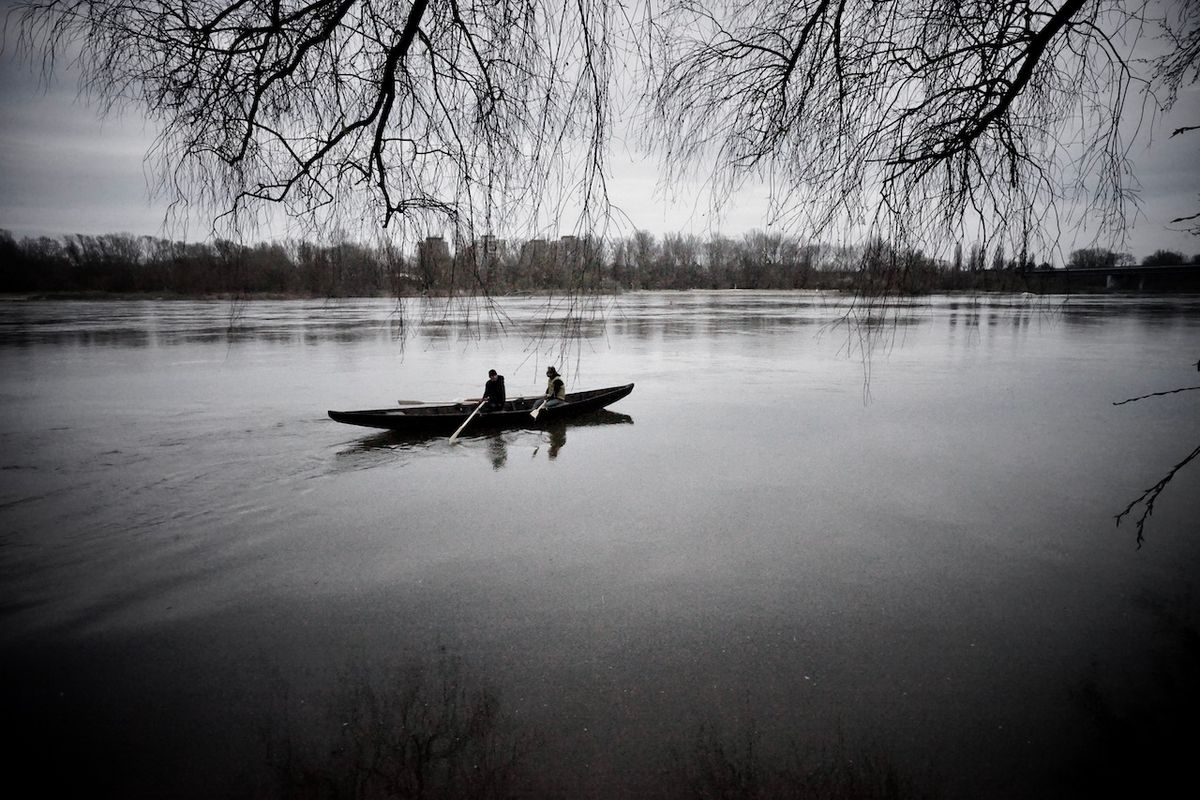It is almost impossible to visit Warsaw and not pass through Warszawa Centralna, the hub and largest of the city's four main railway stations. It's brutalist architecture standing in bold opposition to the Stalinist Palace of Culture & Science, only yards away.
Yet the building itself is the mere tip of the iceberg, for spreading like roots of a giant tree, the station's subterranean world spreads out for hundreds of meters in every direction. Below ground life is vibrant, busy and sublime. A melting pot of souls, criss-crossing paths, going about their business. Together, a united people, the life-blood of this once-torn city.
Every time I pass through Centralna, to switch trams, grab something to eat or charge up my transit pass, I am fascinated by the vibrancy and fluid sense of movement; the lack of division, brought into focus by the calming perspective of its architecture.
It is this lack of division that captivates and defines this honourable, outstanding place. In this piece, I wanted to give a glimpse into a life underground, and reflect this on a past history of segregation and division that so dominates the historical narrative.
The words between the images are from the poem "A Window Faces the Other Side" written during the time of the Warsaw Ghetto.
In it, the author Wladyslaw Szlengel succeeds in conveying a deep sense of loss and the resulting pain from being cut off from his beloved Warsaw at the time. As opposed to a list of attractions that Warsaw once offered all its inhabitants, we read descriptions of an imprisoned Jew in the ghetto with phrases like: “extinguished Warsaw”, “regain a world and blunt the present” or even, “I am forbidden to stand in the window”.
Perhaps this poem leaves us without hope as it concludes with a desolate last line, “how terrible that my window faces the other side.”
However, for me, today, there is no other side.
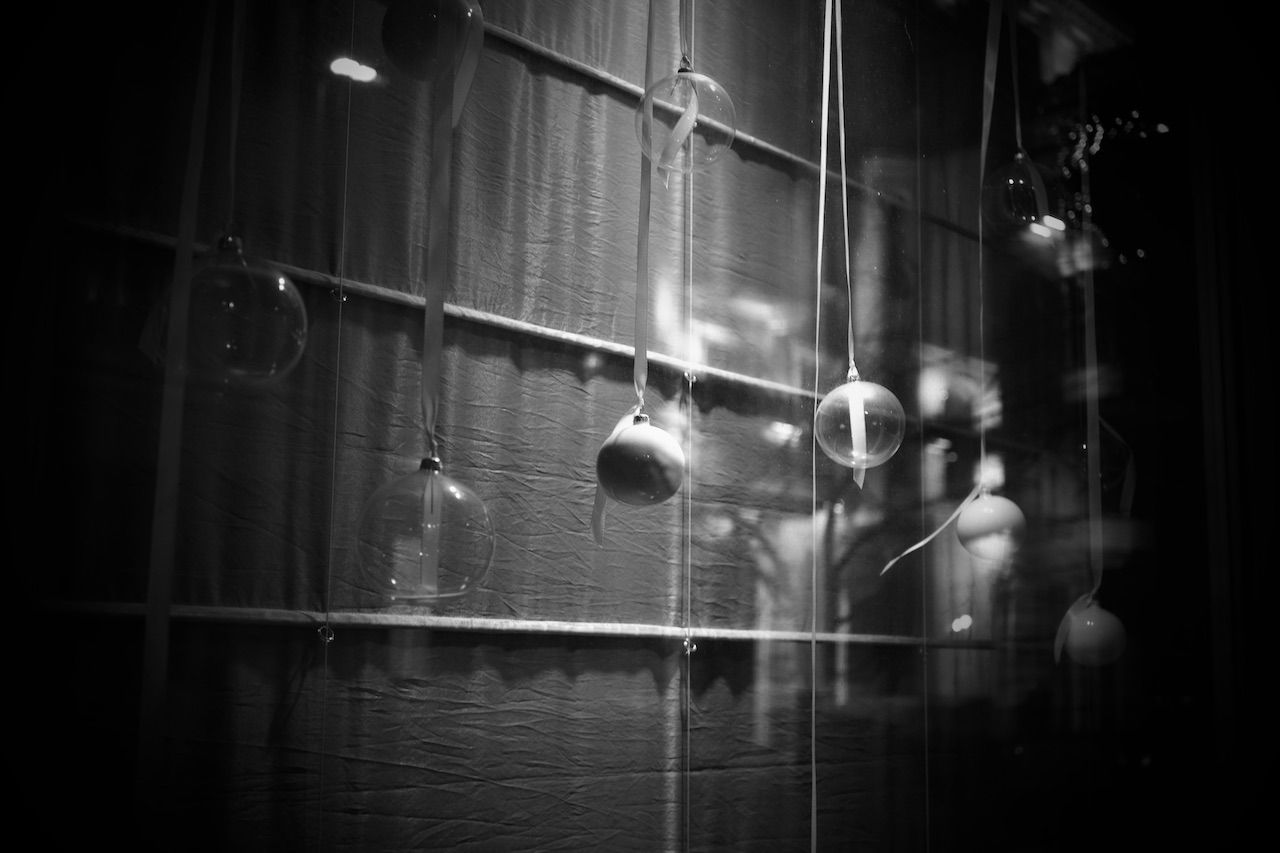
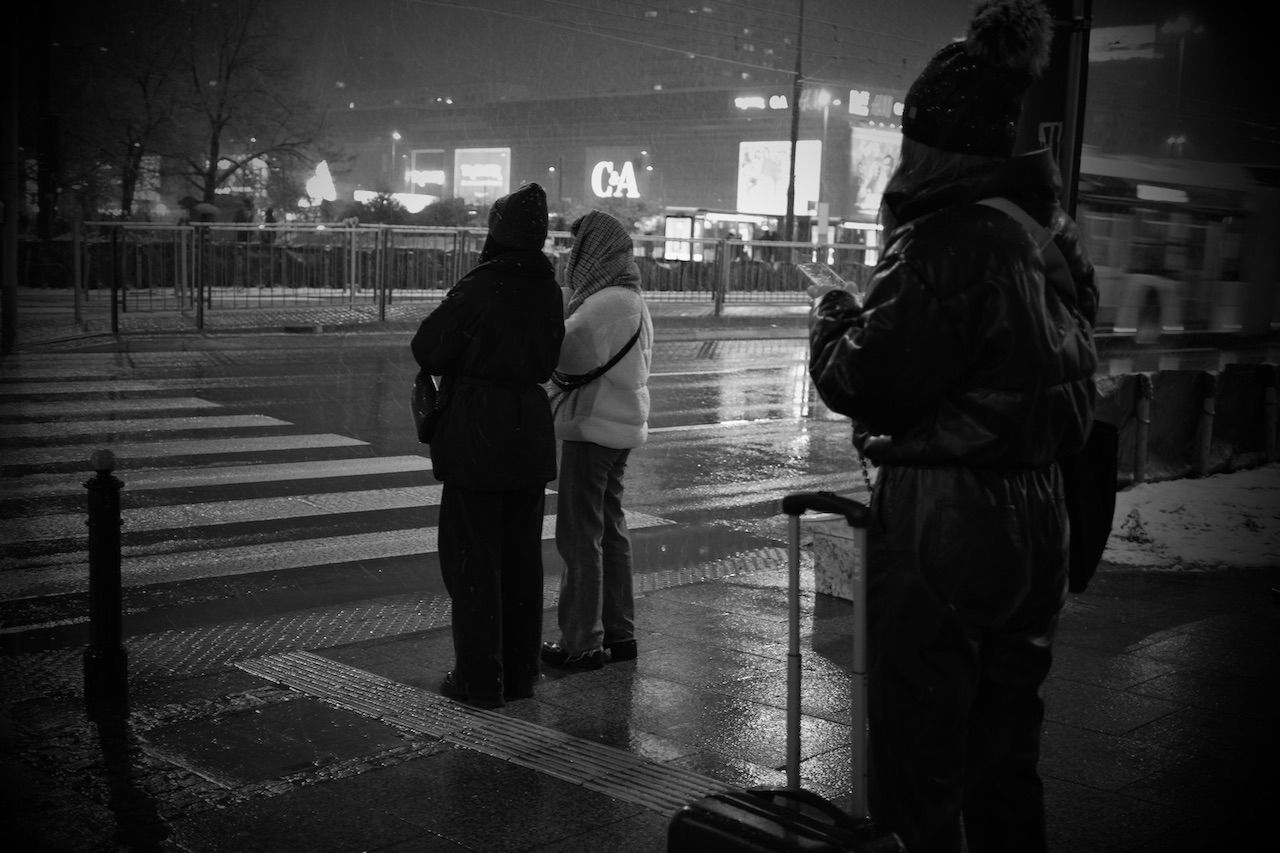
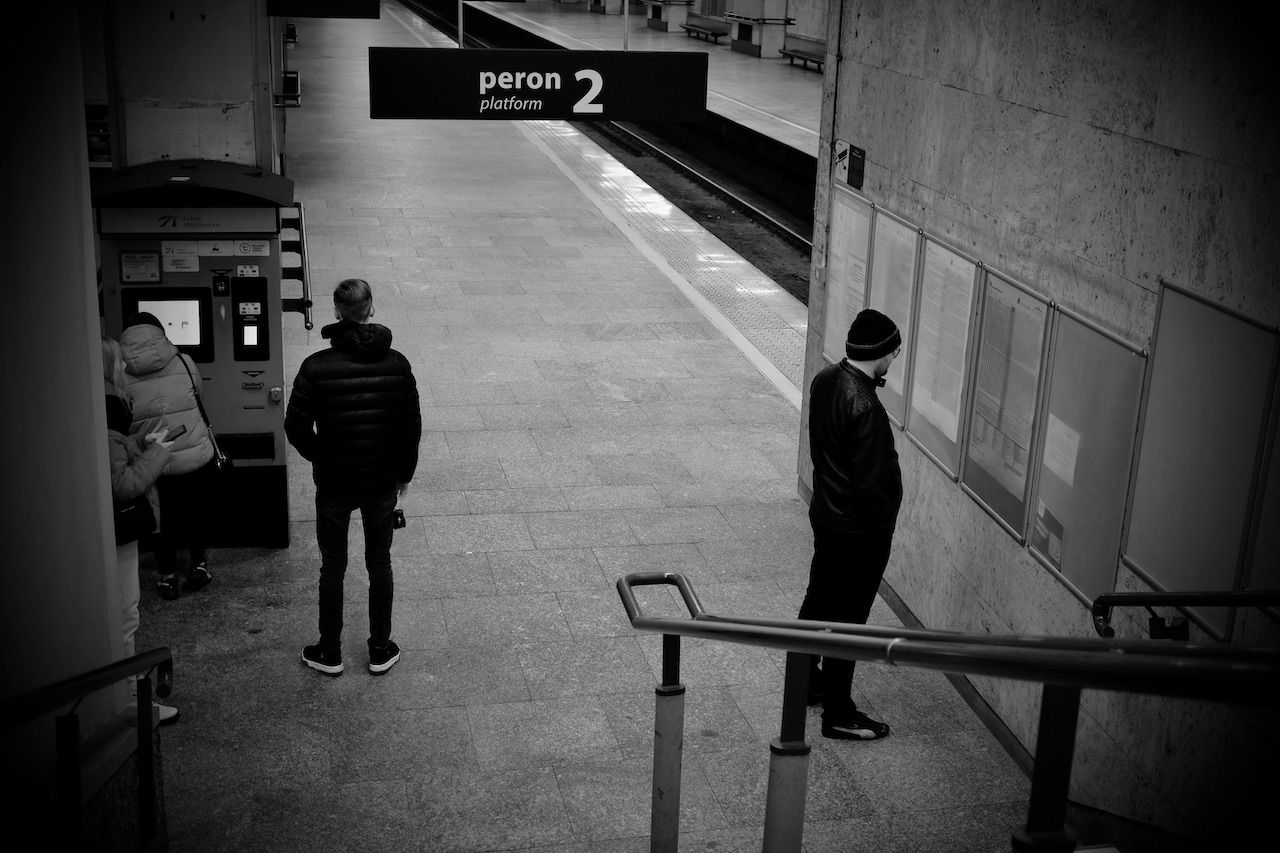
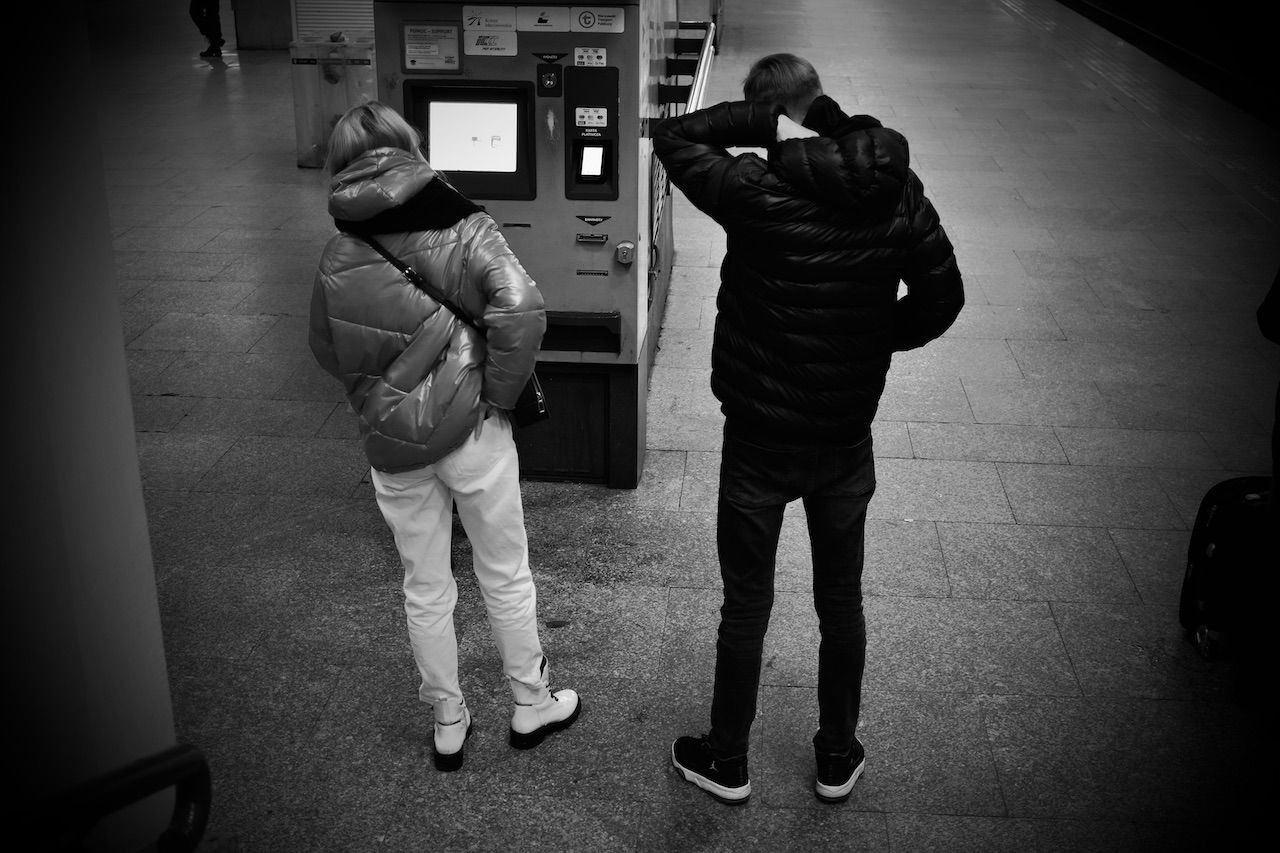
Life Underground
"I have a window facing the other side,
It’s a brazen, Jewish window
That looks out on the pretty Krasinski Park
With its wet autumn leaves...
A greyish purple evening sky
With bending branches
Of Aryan trees peering into my
Jewish window…
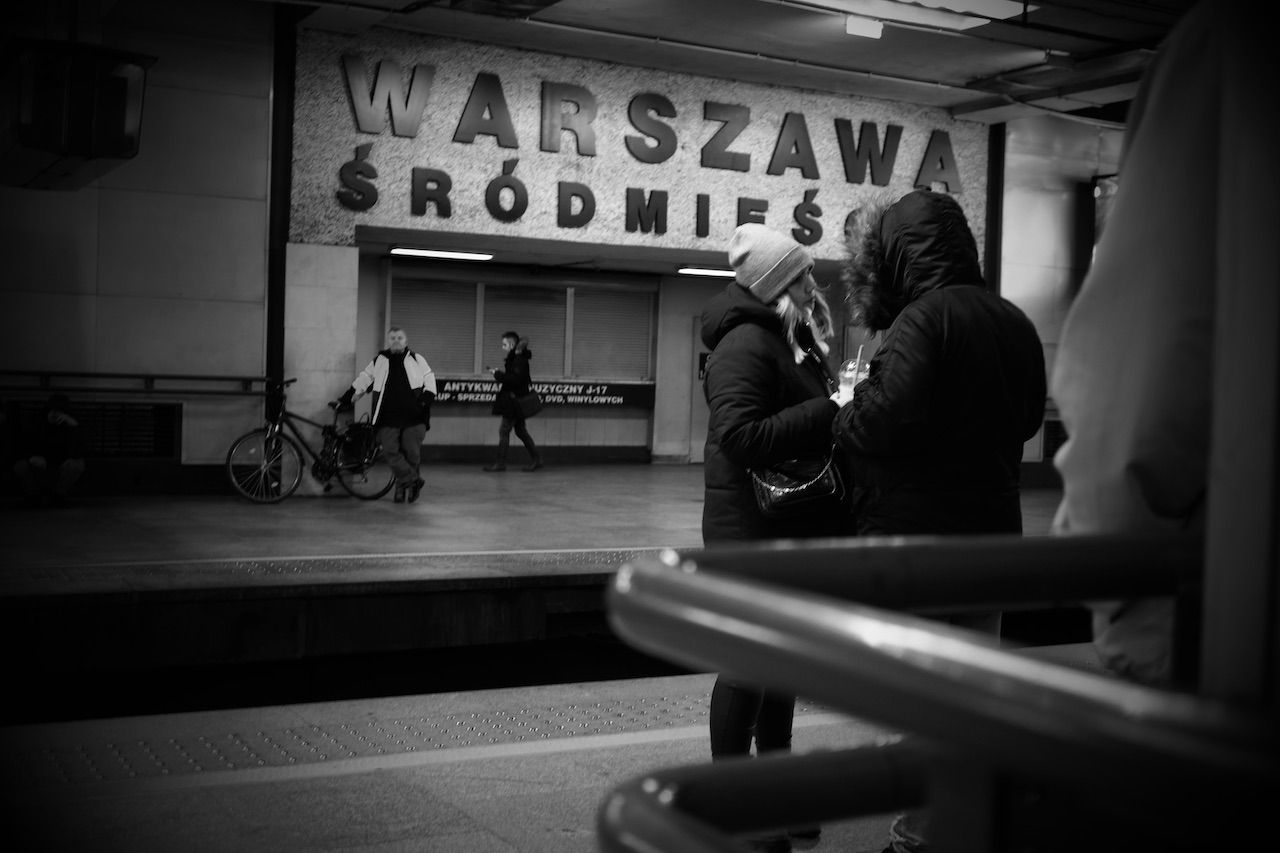
And I am forbidden to stand in the window,
Correctly so, for Jewish insects…moles are
designed to be blind.
The young men sit in their pits,
Their eyes sunk in their work
Far from those Jewish windows
And I, when evening falls
Run to the darkened window
To regain a world and blunt the present.
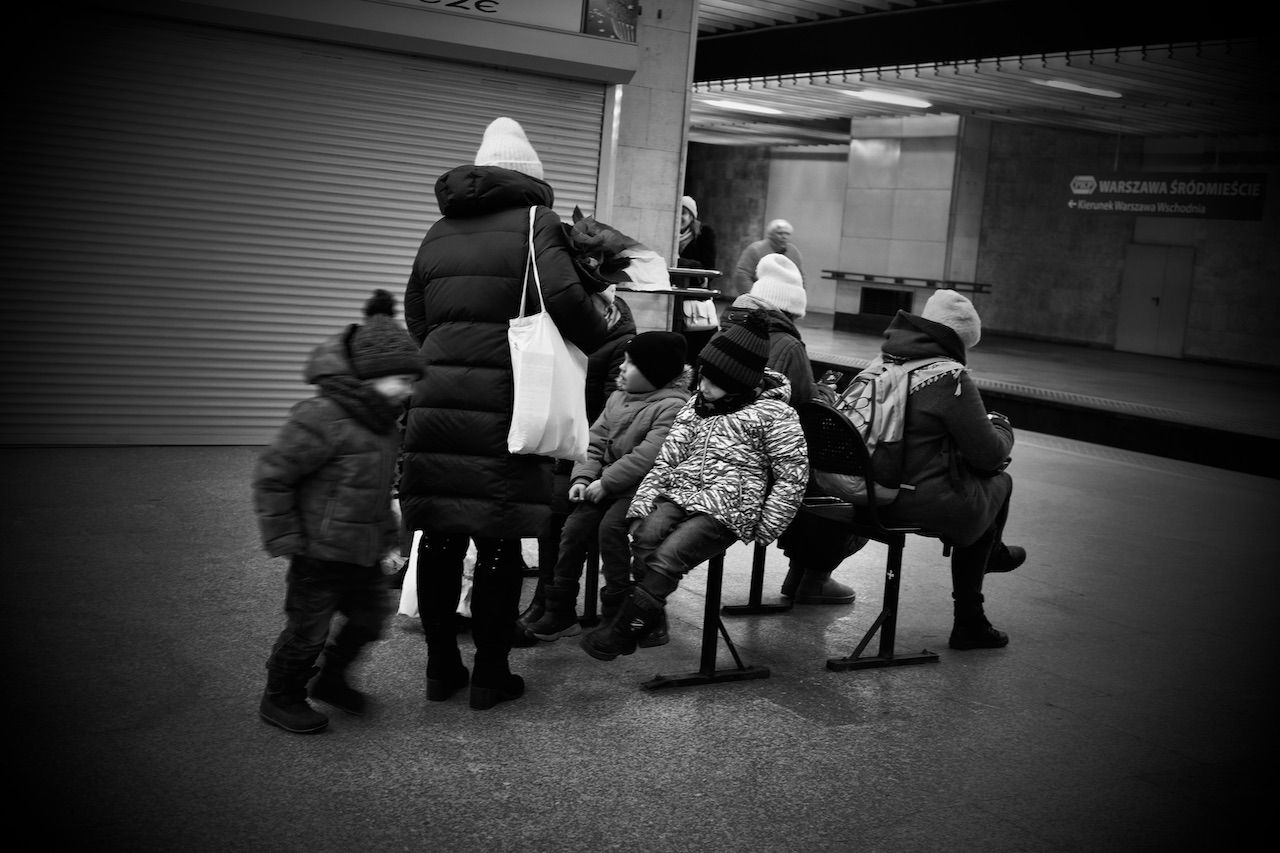
Hungrily I look and I look
And devour an extinguished Warsaw,
The distant sounds of bustle and whistle
The lines of houses and streets and the remains of palaces…
My gaze absorbs the City Hall with
Theatre Square below me.
A protective moon permits me
This sentimental escape
And my hungry eye
Roams deep as a piercing knife
Into the soft night
Of a silent Warsaw evening
in the darkened City Square.
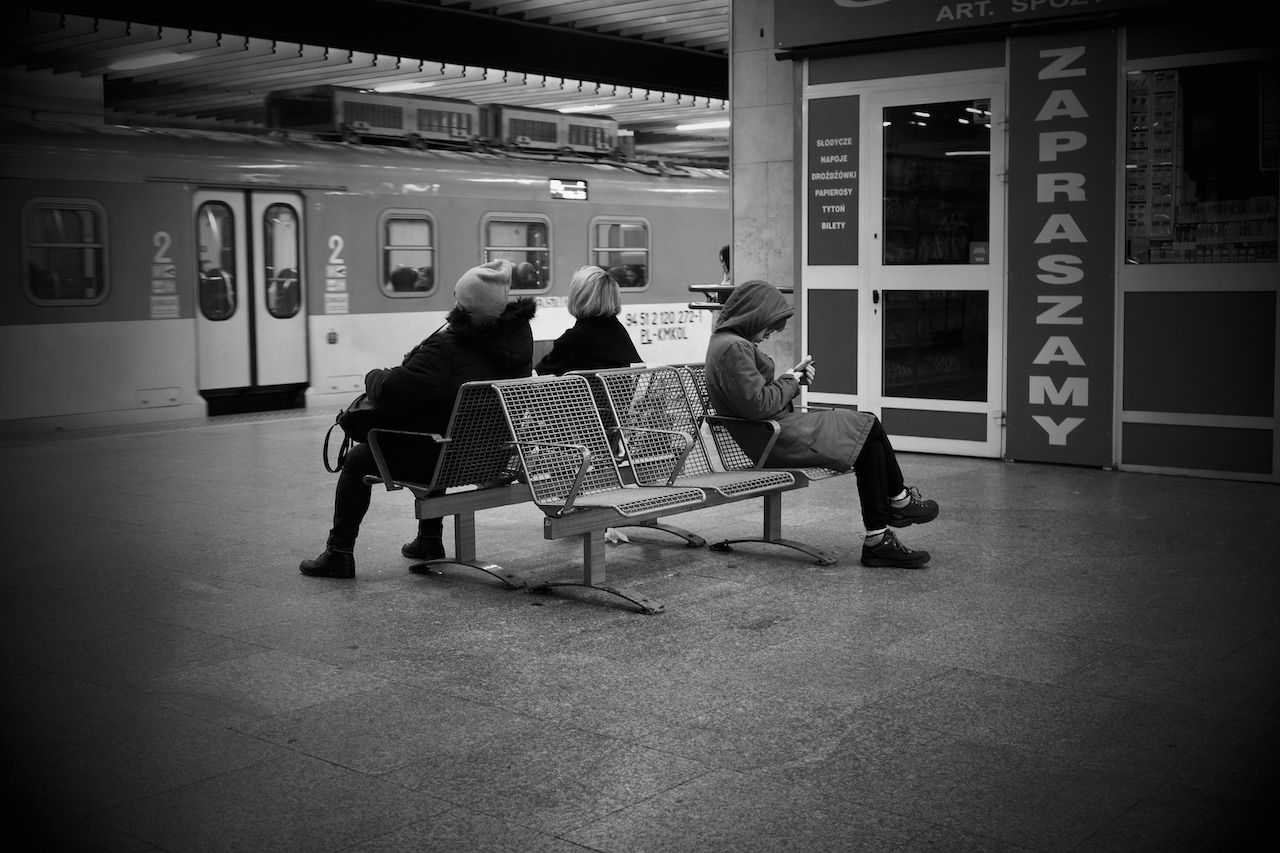
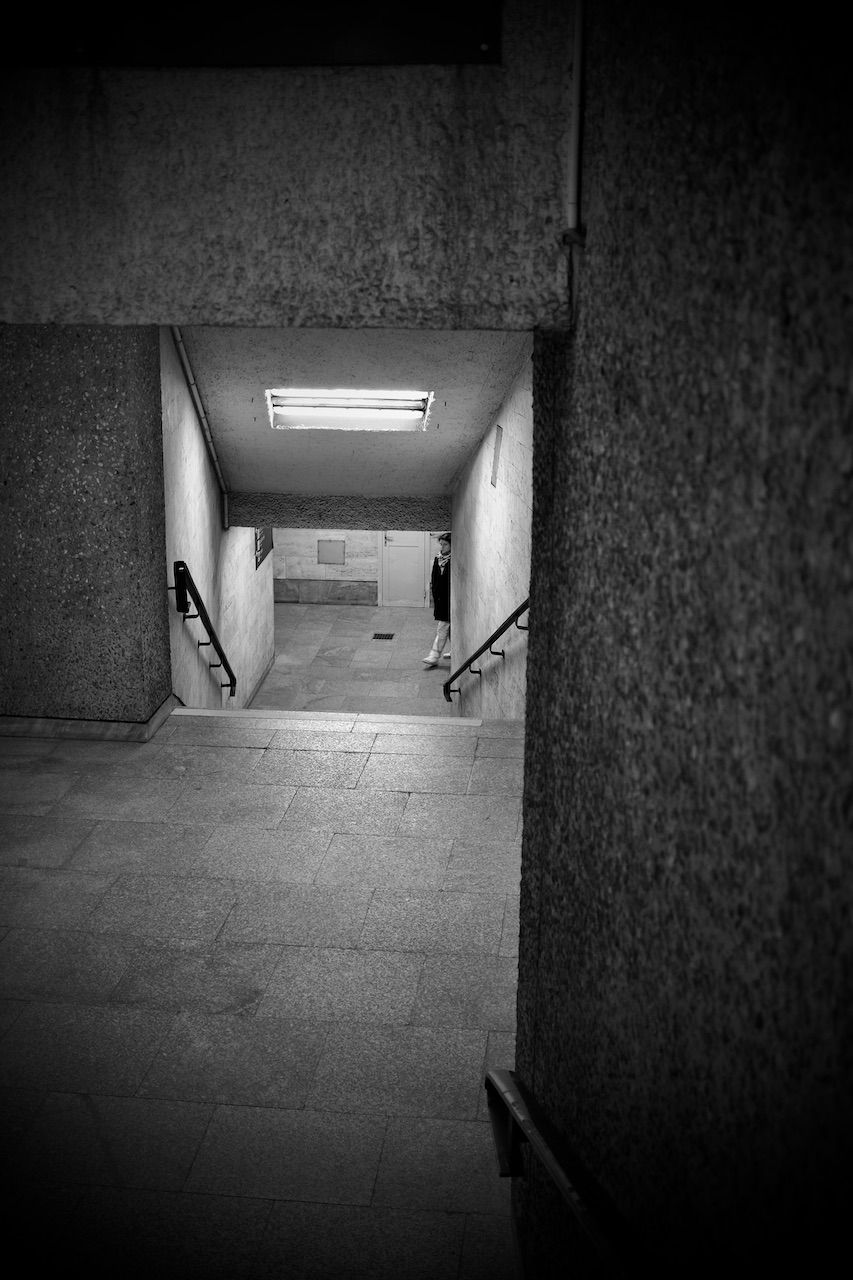
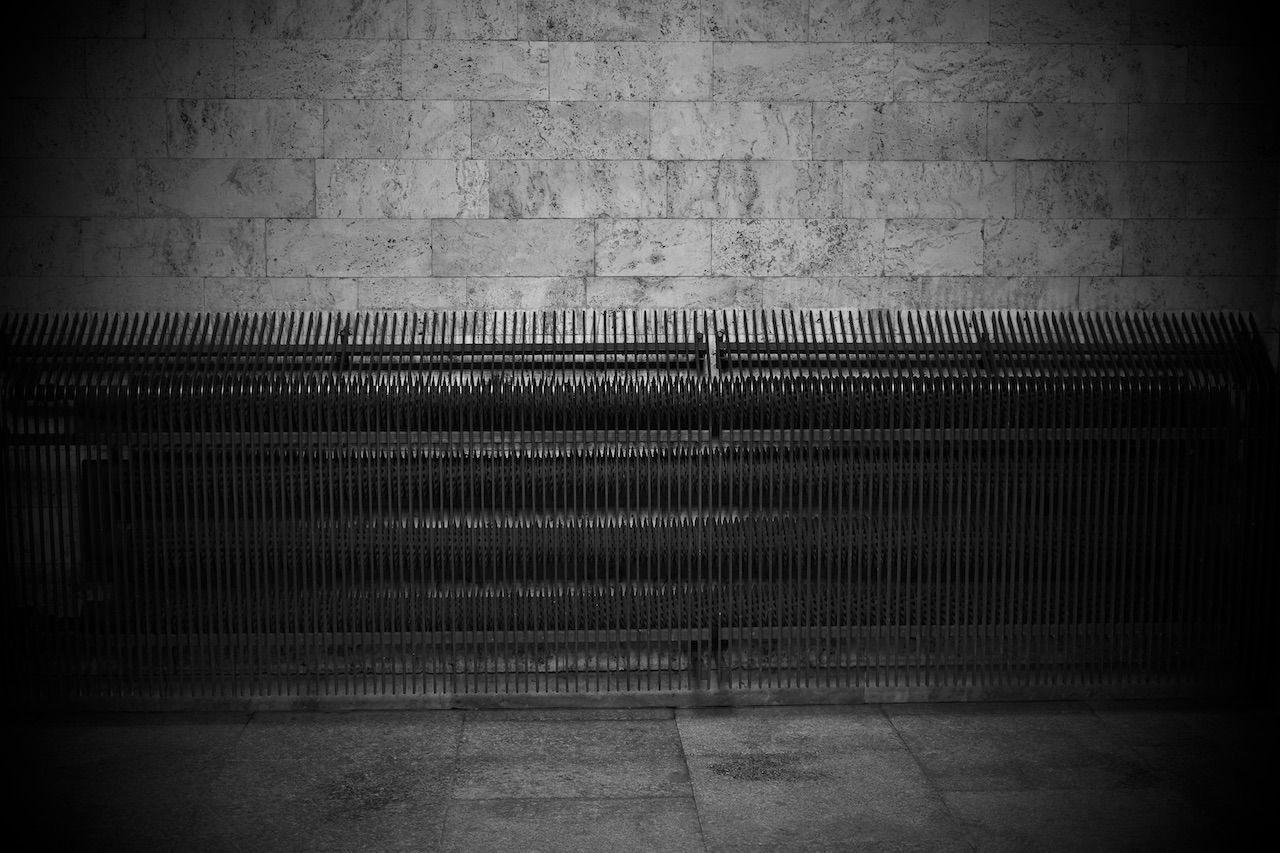
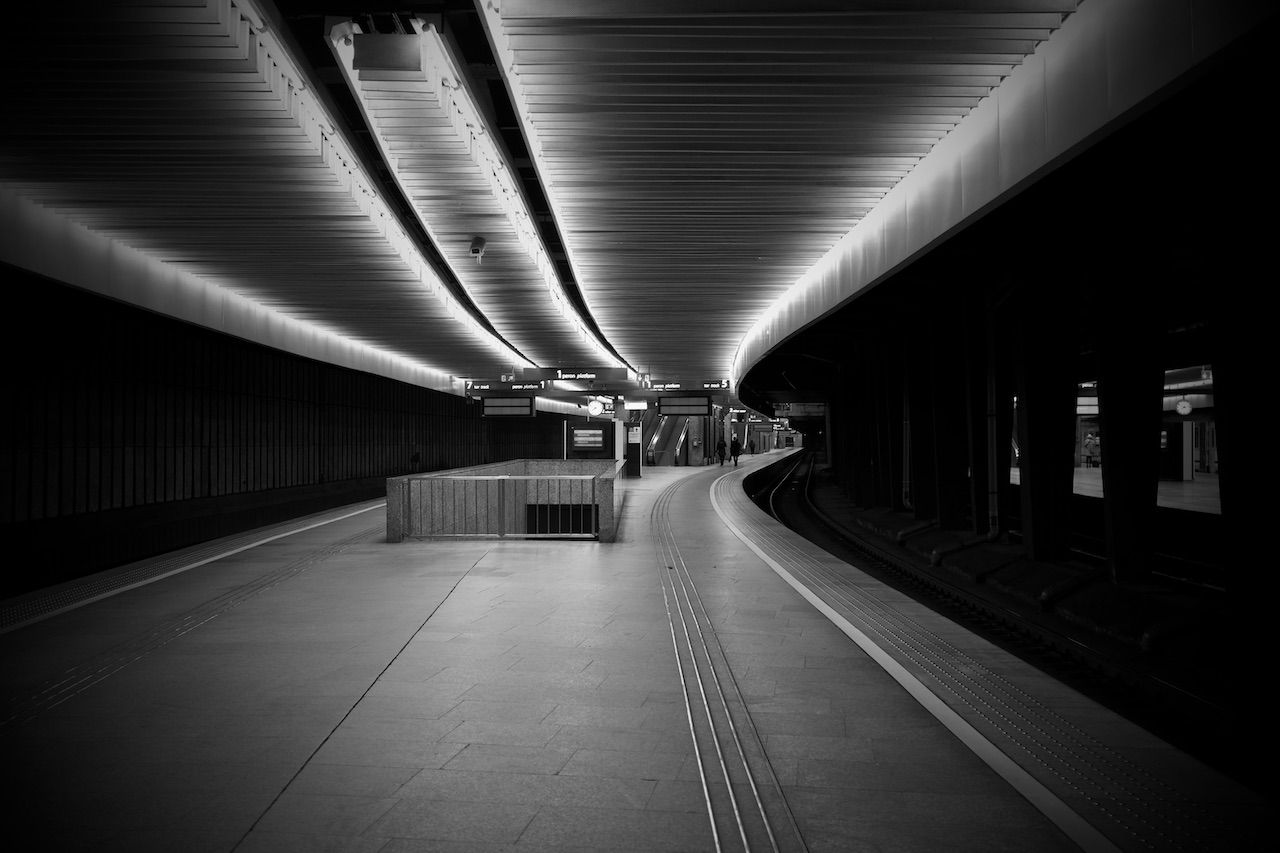
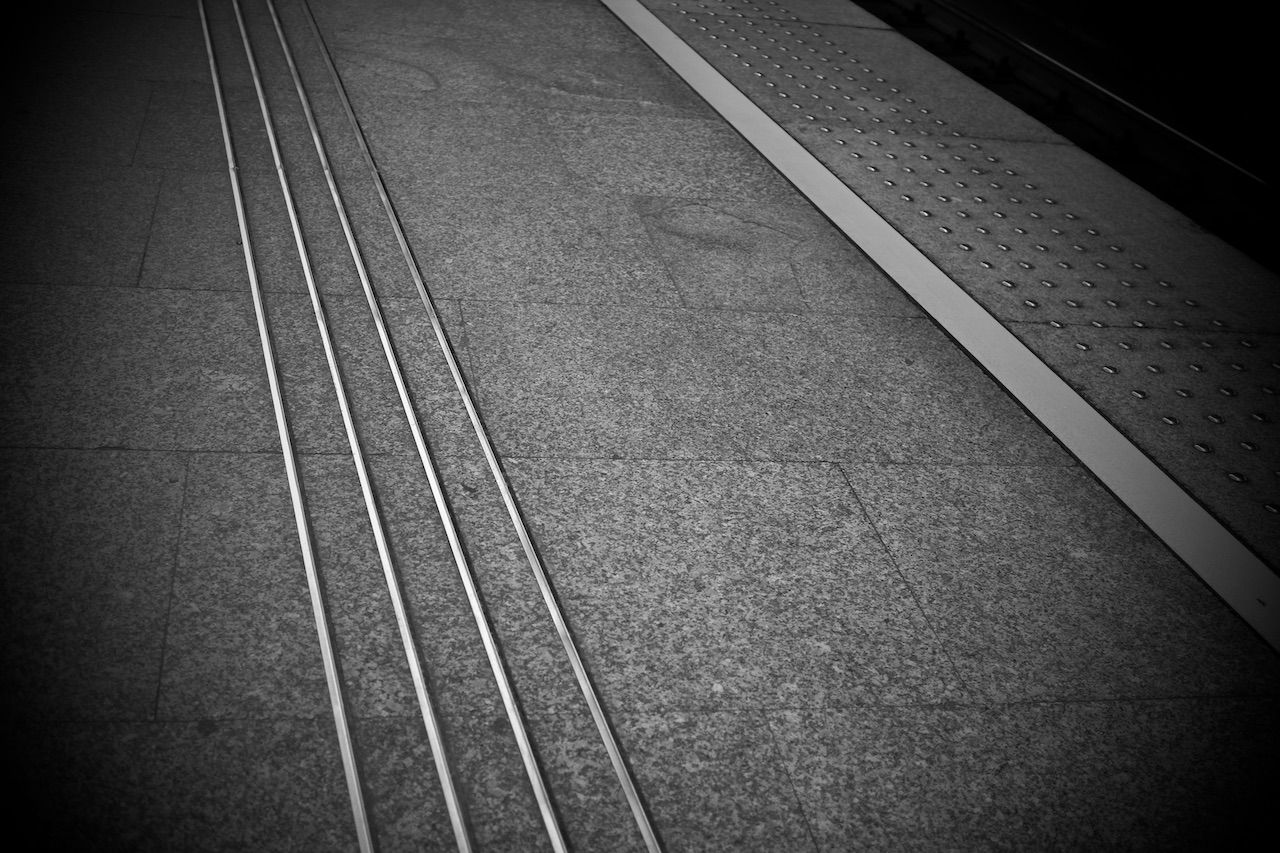
Labrynth.
And when I’ve soaked in enough
To last tomorrow and maybe a little longer,
I separate from the silent city
And magically with raised hand and closed eye, I whisper,
"Warsaw, speak for I await thee."
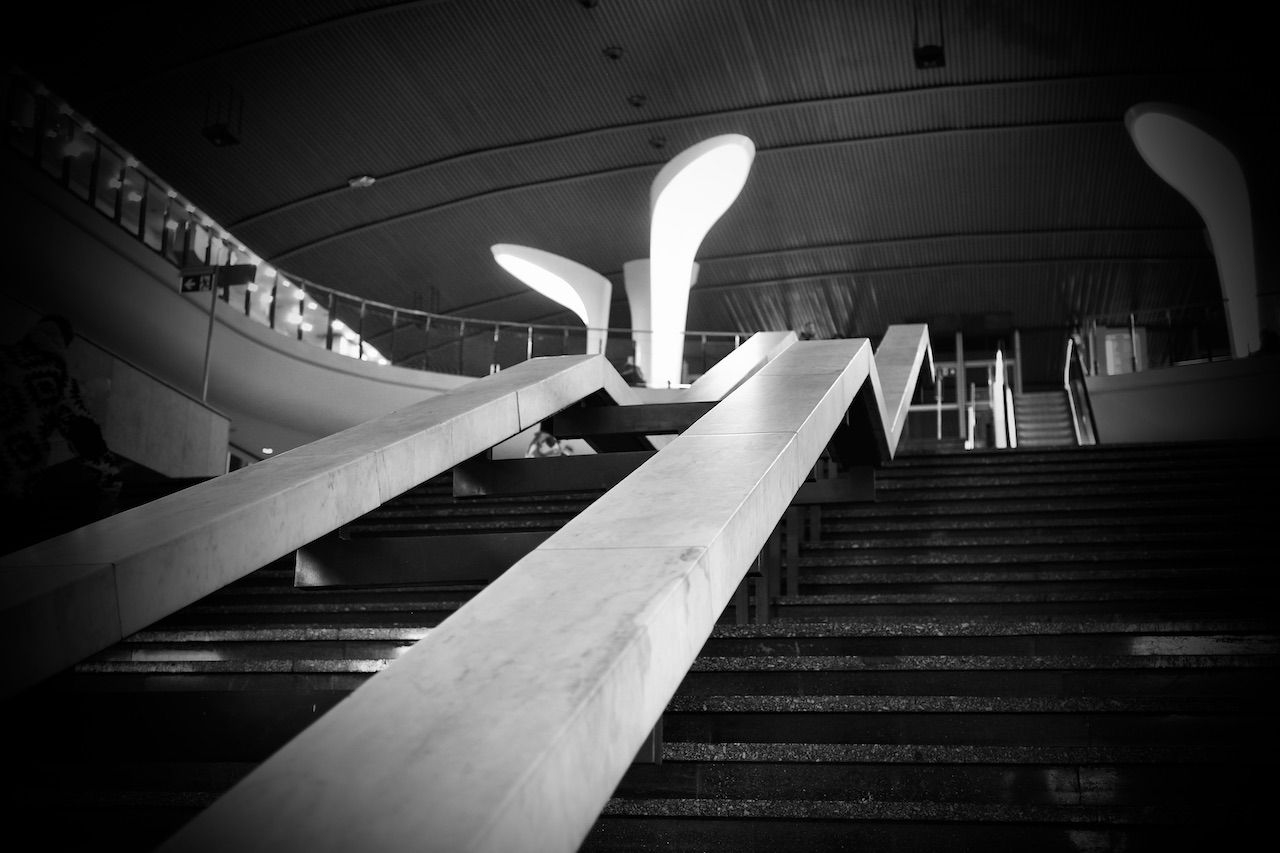
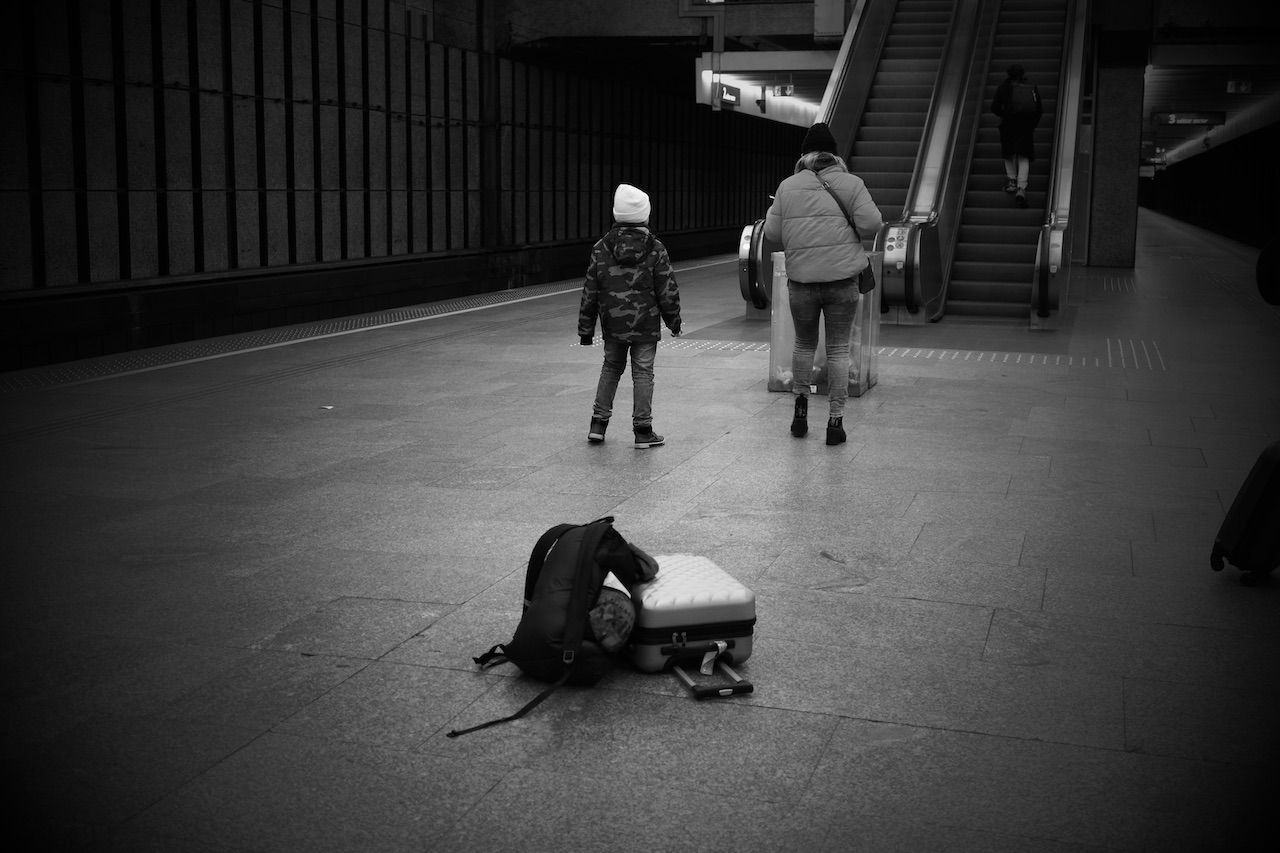
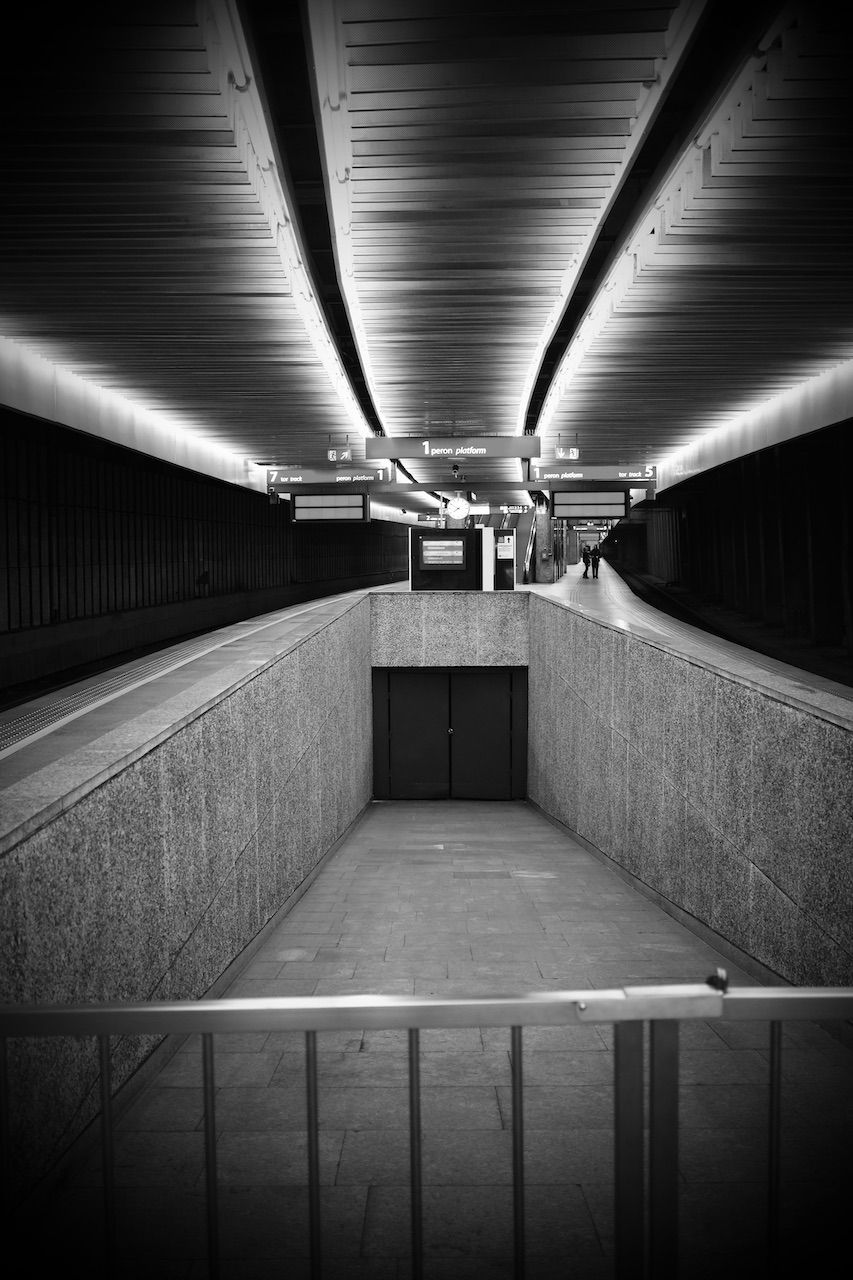
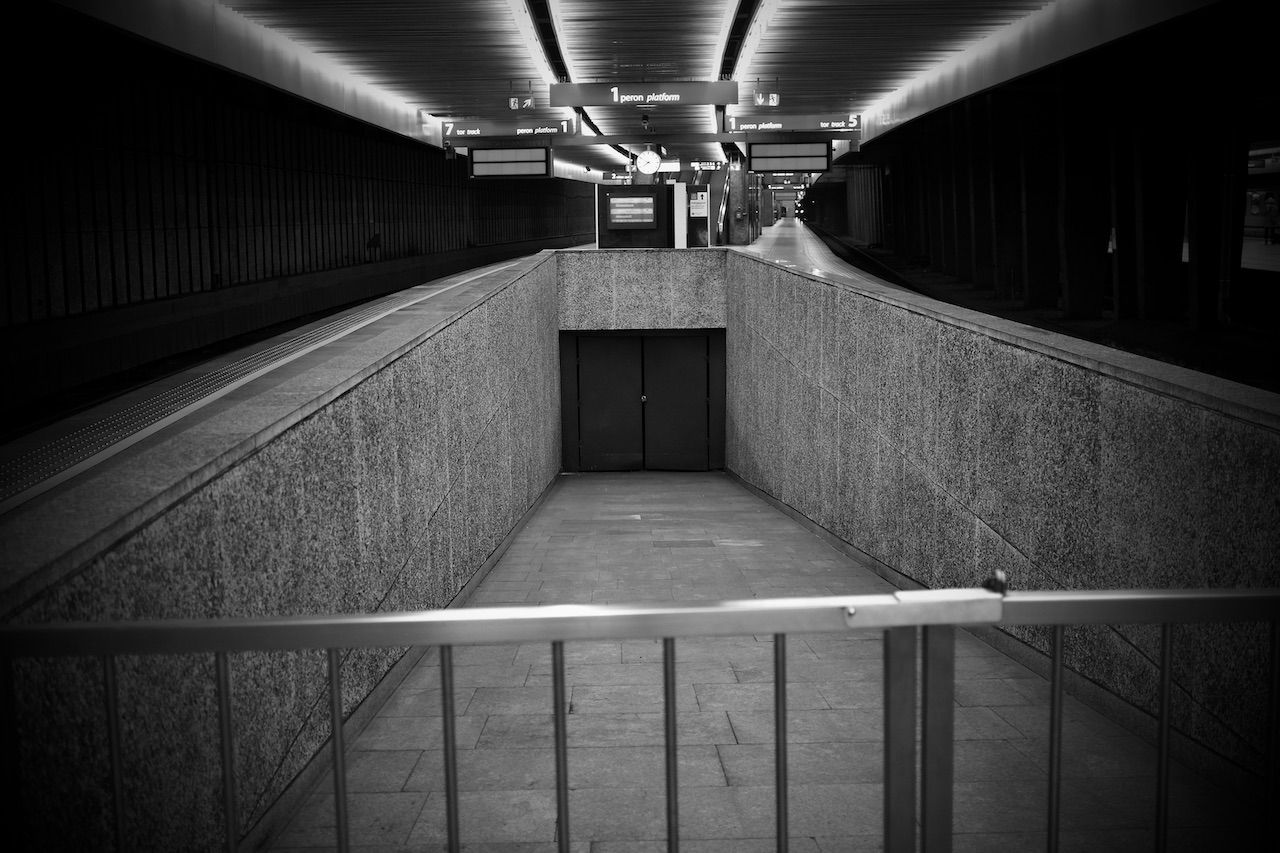
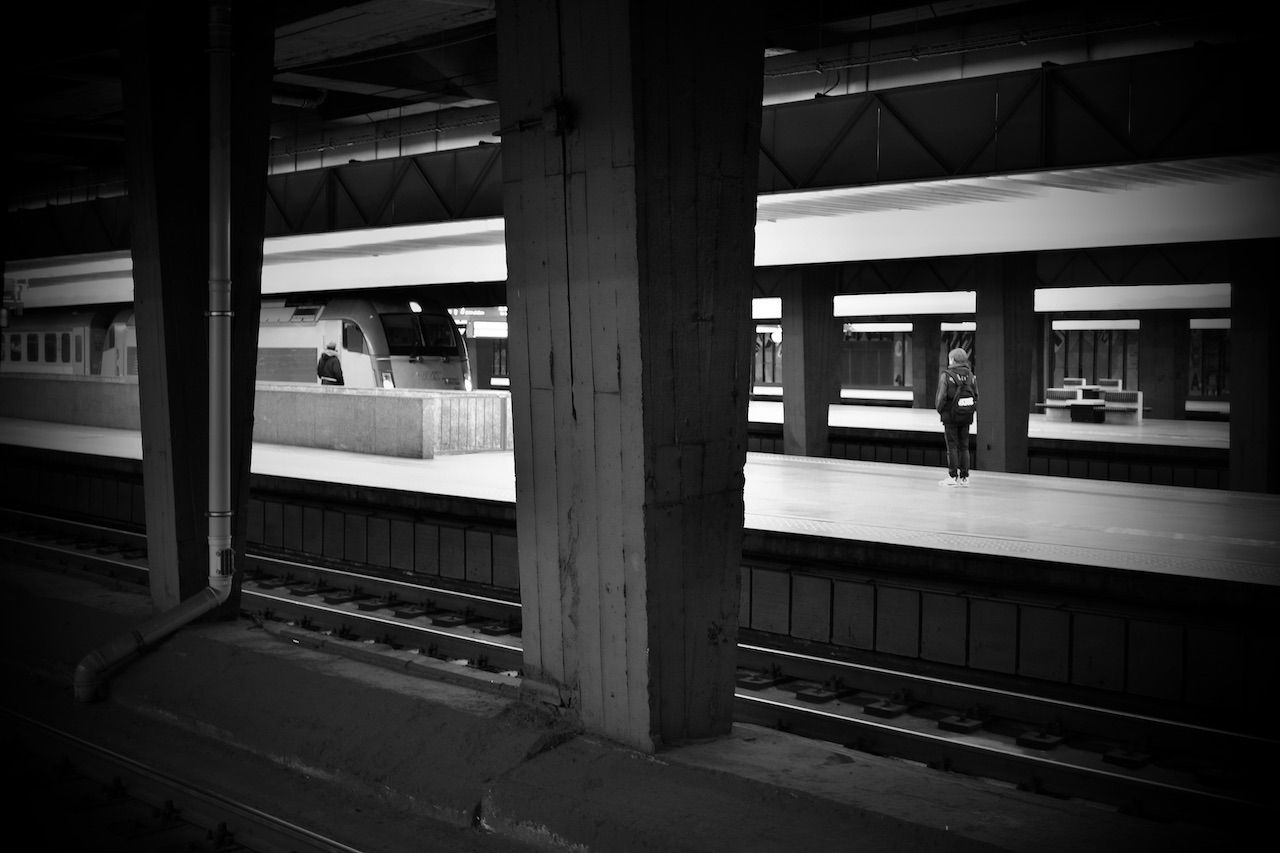
The Lines.
And immediately the pianos in the city
With silenced lids
Awake as one to the command,
Heavy, sad, and weary
And from one hundred pianos, a Chopin polonaise
Rises into the night.
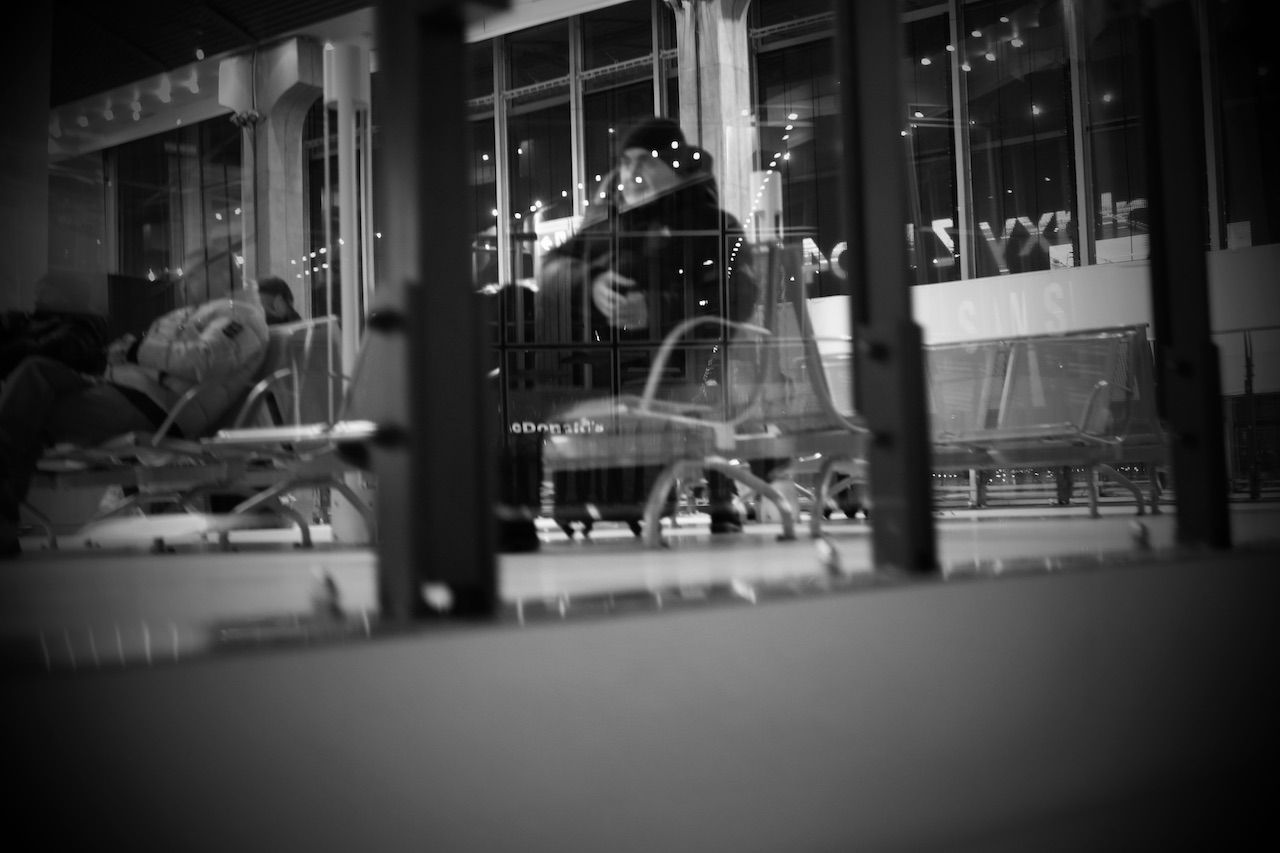
With chords calling into the oppressive silence.
Above the city, this festival of sound
Emanating from the piano keys
As white as death.
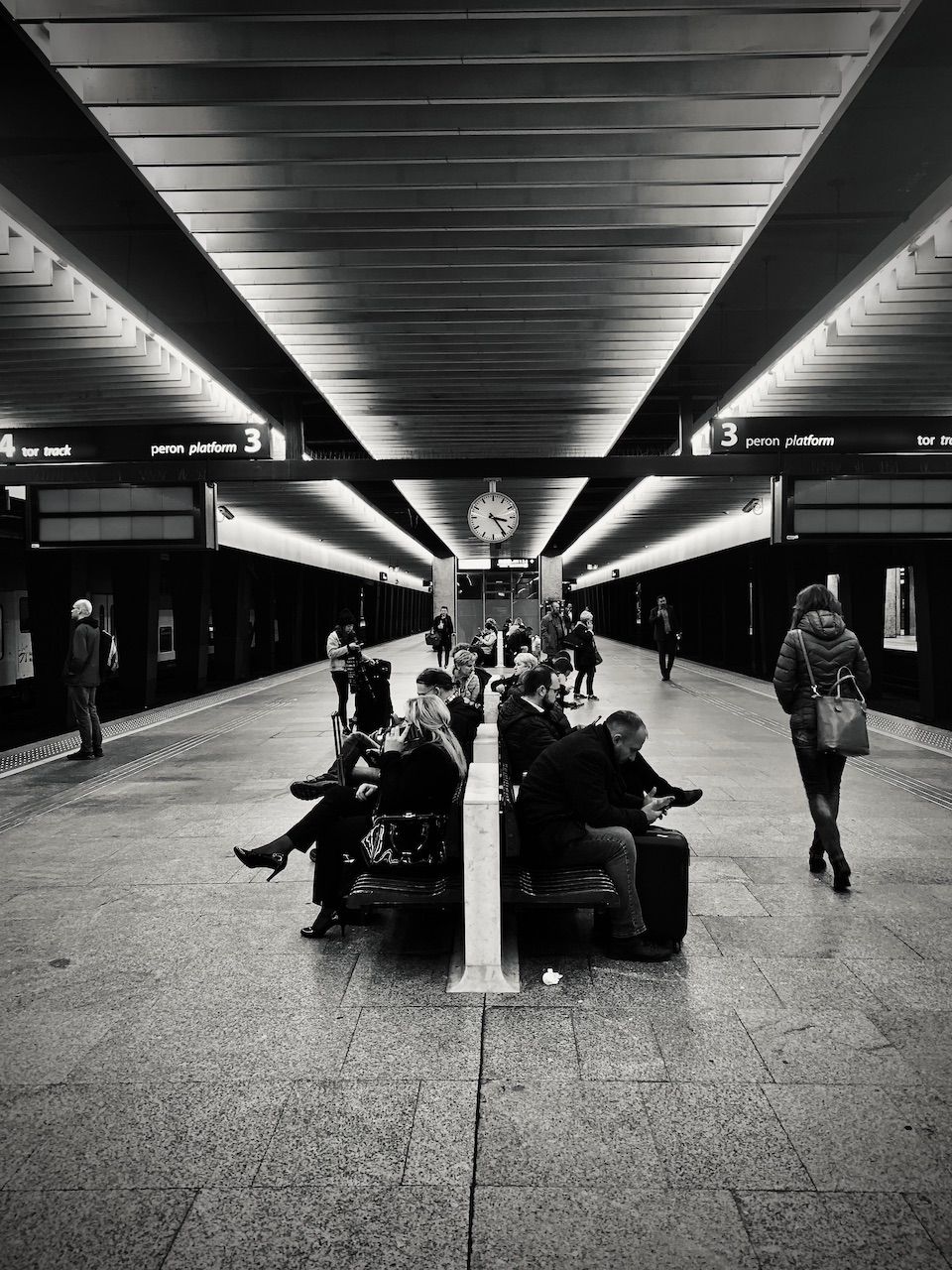
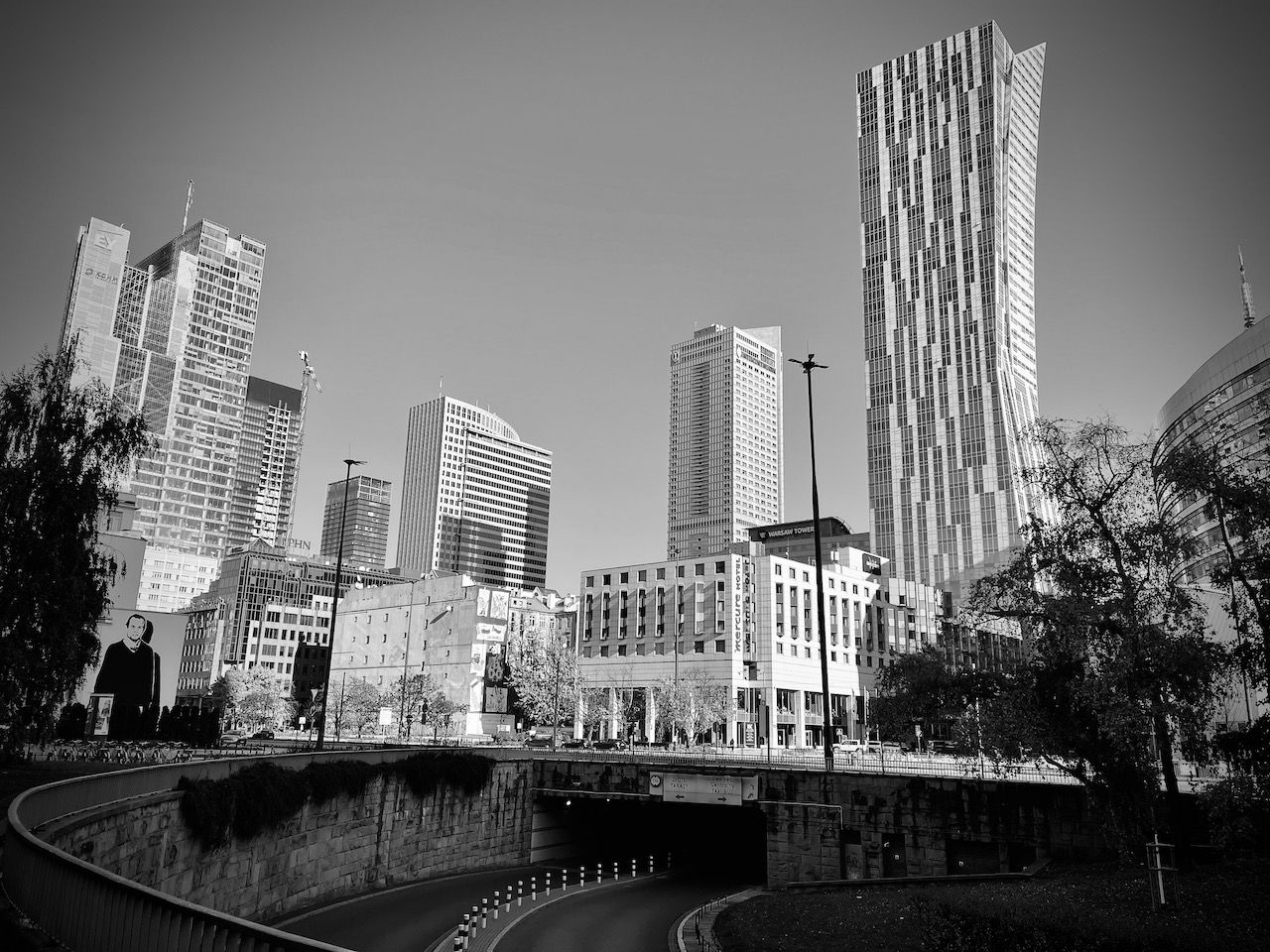
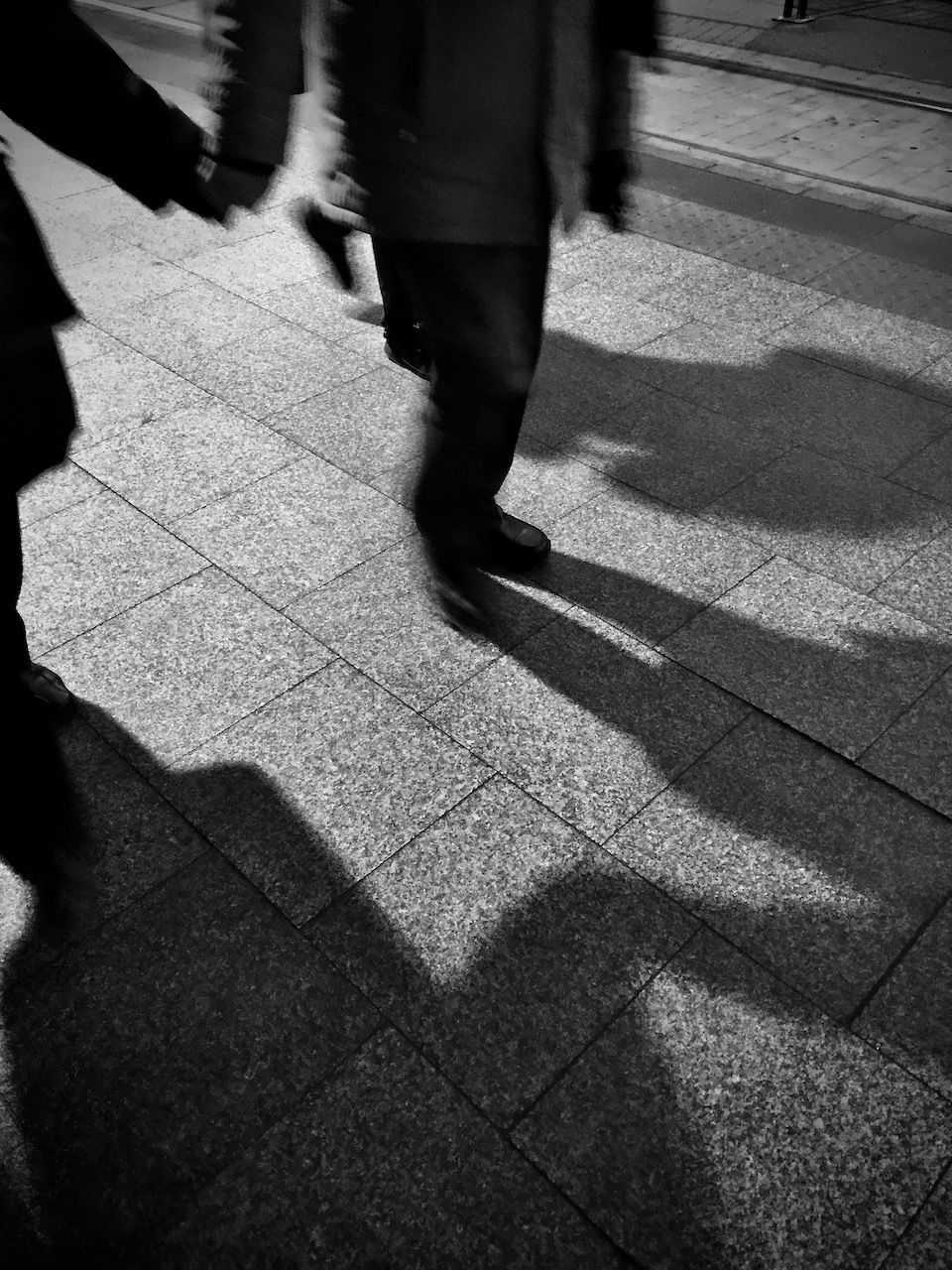
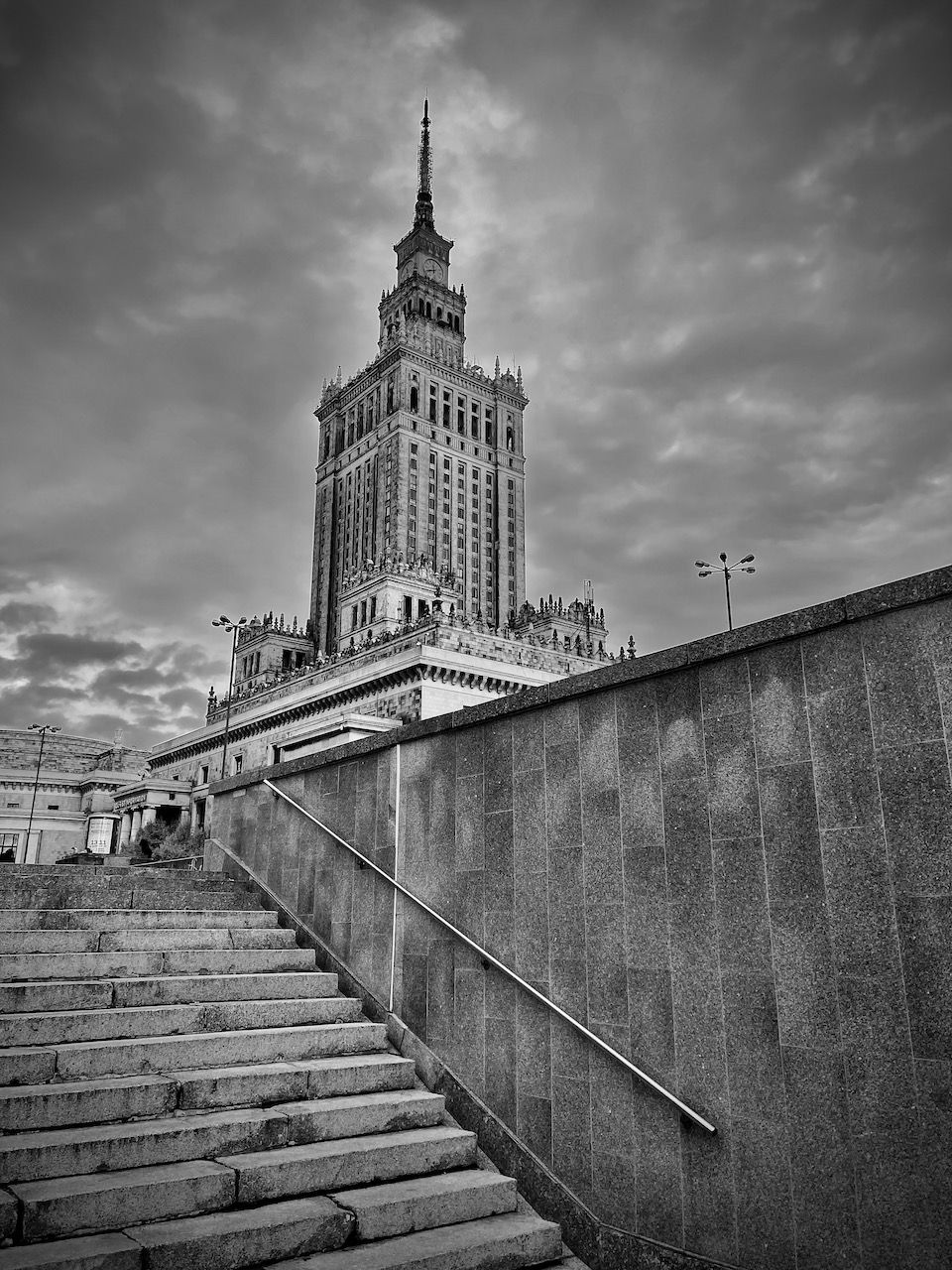
The Heart.
The end… my hands drop
And the notes of the Polonaise are returned to a silence.
I turn back and think how terrible
That my window faces the other side."
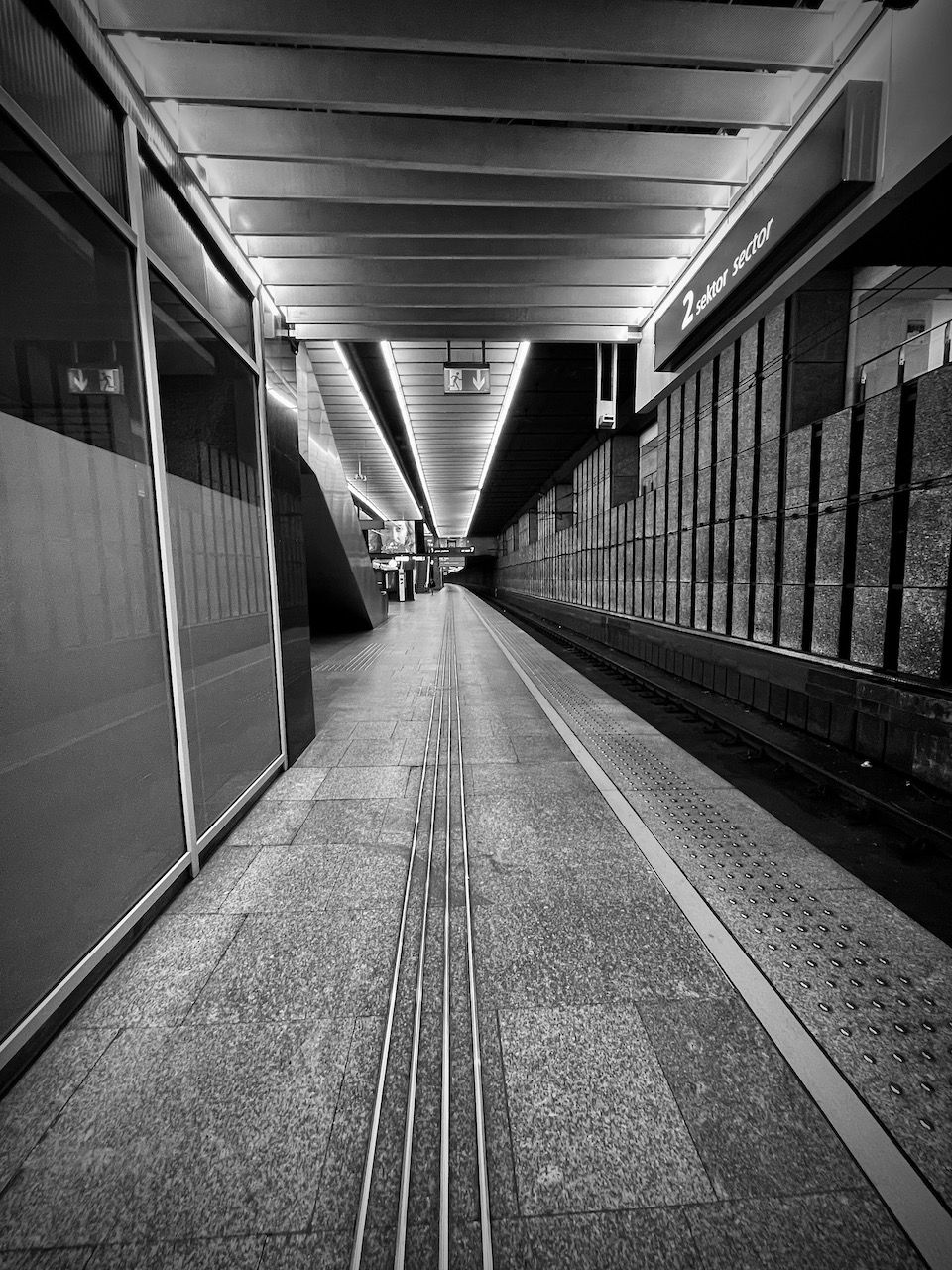
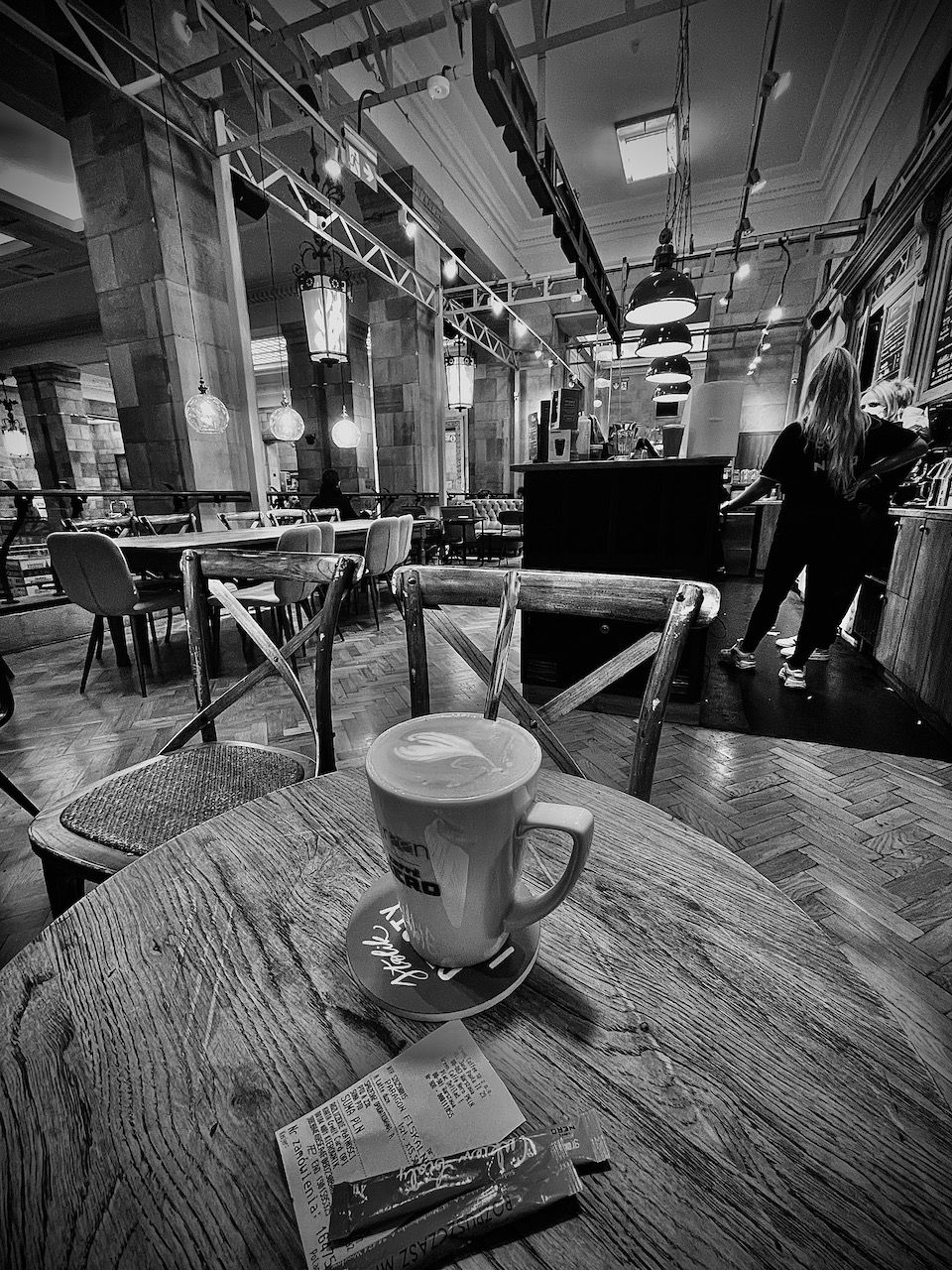
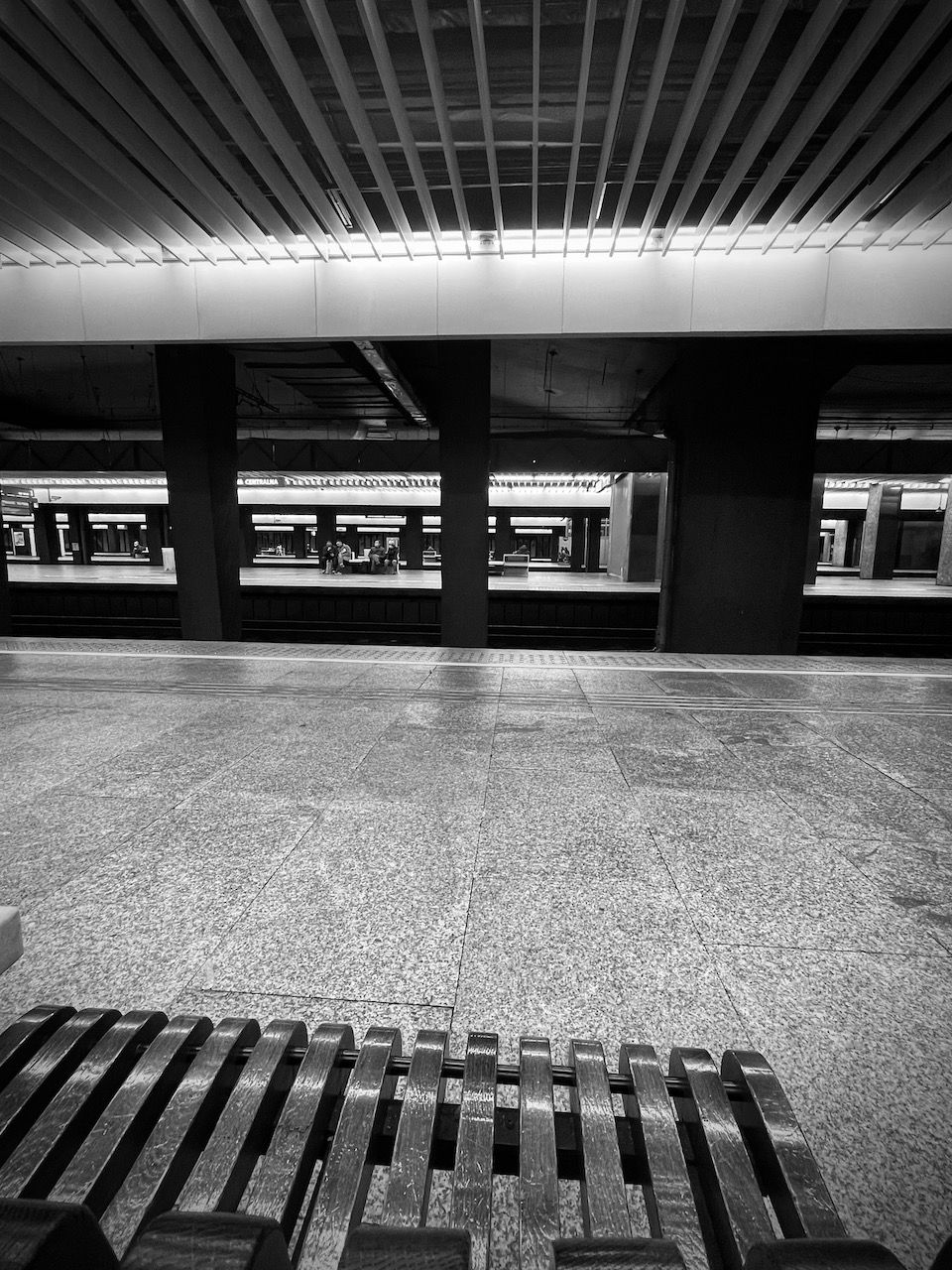
Warszawa Centralna
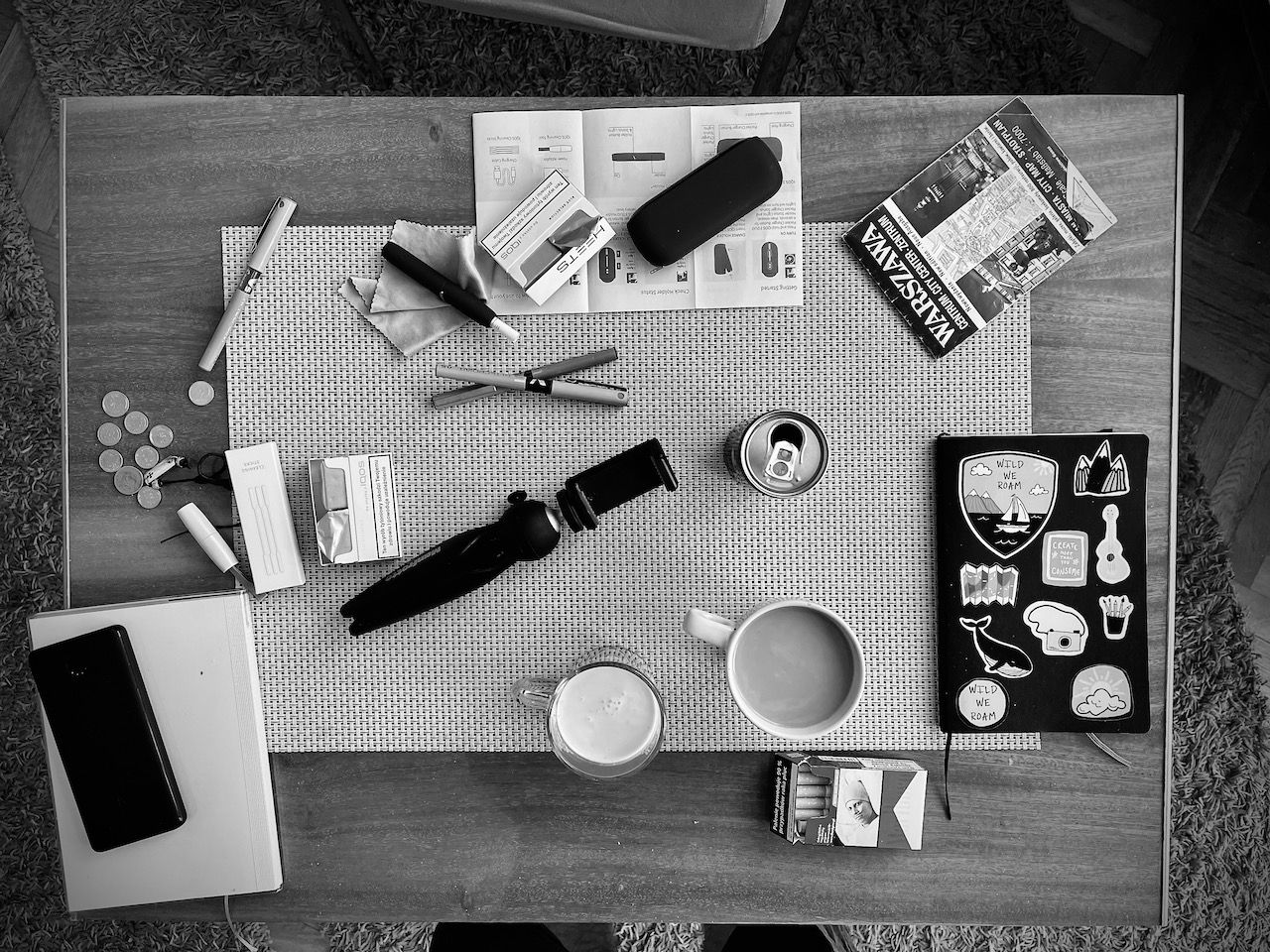
Words: A Window Faces the Other Side by Wladyslaw Szlengel
Camera: Fujifilm XE4
Prime Lens: Fujinon 27mm F2.8
Simulation: Fujifilm Bleach Bypass.
Additional Retouching: Apple Photos
